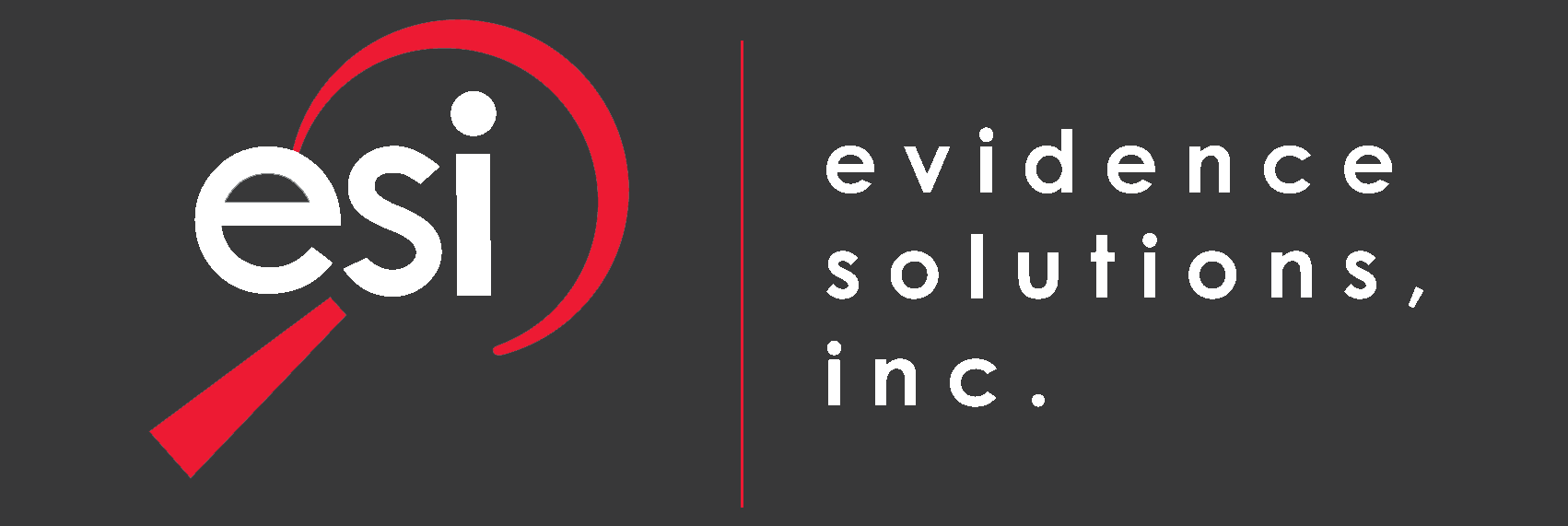| On October 9th, 2015, California Governor, Jerry Brown, signed a comprehensive law protecting digital privacy. The California "Electronic Communications Privacy Act" (CECPA) requires any state law enforcement agency or any other investigative entity, to obtain a warrant before asking for digital information from a business. The digital information includes digital communications, e-mail, text messages, documents stored in the cloud and any metadata associated with such information. The law also requires a warrant before law enforcement can track the location of electronic devices or even search such mobile devices. |

Cyber Security Expert: California Agencies Must Obtain A Warrant to Obtain Data
Nicole Ozer, technology and civil liberties policy director at the American Civil Liberties Union (ACLU) of California, said “This is a landmark win for digital privacy and all Californians. We hope this is a model for the rest of the nation in protecting our digital privacy rights.”
For several years now, the ACLU and other civil libertarians have lobbied federal lawmakers to update the Electronic Communications Privacy Act (ECPA). These groups would like federal lawmakers to offer protections, similar to California’s new law, nationwide. The ECPA was originally drafted in 1986. Currently, an amendment to the ECPA is floating around Capitol Hill. The amendment has roughly 300 co-sponsors. The proposed changes, however, are less comprehensive than California’s new law. The federal ECPA merely focuses on digital content and requires a warrant for information that is fresher than 180 days old. The amendment would require a warrant of all digital content regardless of its age.
In addition to the ACLU supporting the California law, the Electronic Frontier Foundation (EFF) as well as tech companies like Apple, Google, Facebook, Dropbox, LinkedIn, and Twitter, which have headquarters in California also supported the new legislation.
The law was penned by California State senators Mark Leno (D-San Francisco) and Joel Anderson (R-Alpine). They wrote the legislation earlier this year to give digital data the same kind of protection non-digital communications have.
The new law applies only to California law enforcement entities. Due to jurisdictional reasons, law enforcement agencies in other states are only compelled by the laws in their states.
It will be interesting to see if the California law encourages federal lawmakers to strengthen the federal statutes.
